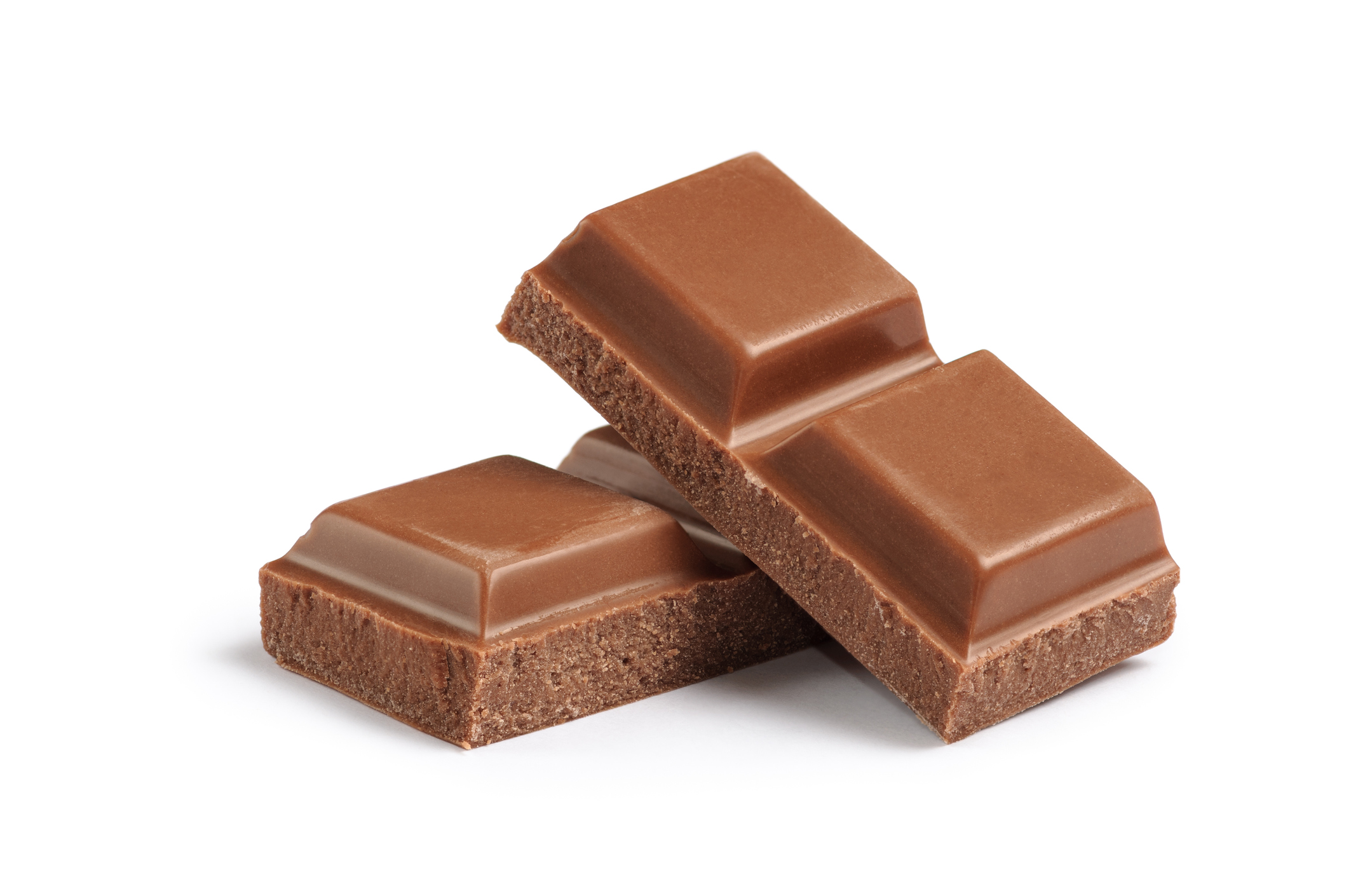The conventional wisdom surrounding breakfast habits seems to change with each decade. Once considered the most important meal of the day, recent intermittent fasting devotees suggest that skipping breakfast and extending an overnight fast is key to weight loss and health management. Now a new study looks at how a concentrated amount of chocolate in the morning could help the body burn fat and lower blood sugar levels.
According to a recent SIFY post, researchers from the Brigham at Harvard Medical School and the University of Murcia, Spain looked at the effects of eating milk chocolate in the morning compared with the evening among a small group of postmenopausal women. Neither habit resulted in weight gain but morning chocolate was associated with a reduction in hunger, appetite, and cravings for sweets.
The study, published in The FASEB Journal, also showed that consuming chocolate also influenced microbiota composition and sleep. Postmenopausal women who ate 100g of chocolate in the morning within one hour of waking or at night within one hour of bedtime did not gain weight despite the increased caloric intake.
Researchers found that the timing of eating chocolate had a positive effect on sleep, resulting in more regular sleep habits. By timing chocolate consumption within an hour of rising or sleeping, the high-energy, high fat, and high sugar food may affect energy balance and impact body weight or body fat distribution.
The small study of 19 Caucasian women between the ages of 45 and 65 over a two-week period may not provide definitive evidence to support at daily milk chocolate habit. But the trial does suggest that if you are in this demographic and already eat milk chocolate regularly, shifting the timing of consuming chocolate could help prevent weight gain, improve sleep and reduce cravings.
Dark chocolate, which is lower in fat, calories, and sugar, has been found to be rich in antioxidants that may help to reduce inflammation in the body, help to lower blood pressure, support heart health and weight loss, and may play a role in cancer prevention. Choosing a dark chocolate with 70 percent cacao or more and limiting intake to 1 ounce per day will help strike a balance between health benefits and added calories and saturated fat.






Add Your Voice
0 Comments
Join the Discussion